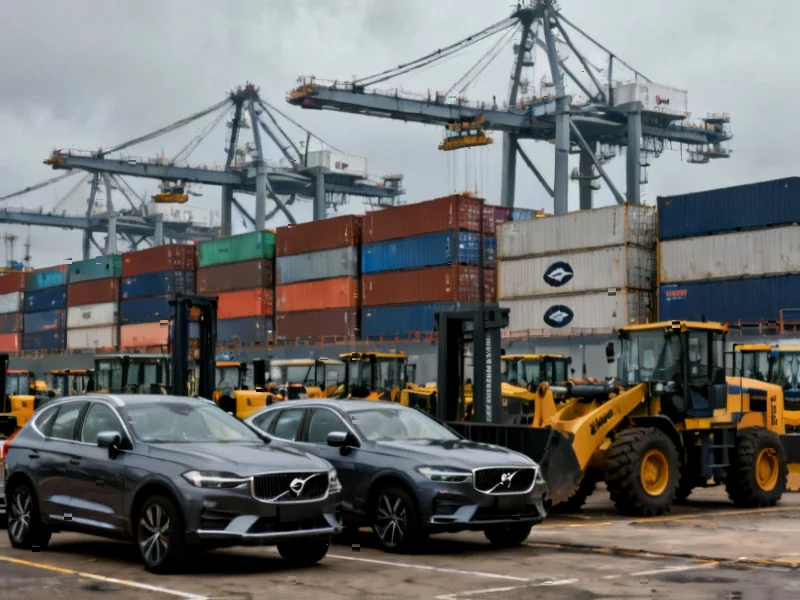Rivian Automotive is reportedly preparing to lay off more than 600 workers as the electric vehicle manufacturer confronts increasing market headwinds. The cuts would affect approximately 4% of the company’s workforce, with details expected to be shared with employees this week. The move comes as EV makers face a shifting regulatory landscape and changing market conditions.
Major Workforce Reduction at Electric Vehicle Maker
Electric vehicle manufacturer Rivian Automotive is planning significant workforce reductions affecting more than 600 employees, according to reports from multiple financial news sources. The layoffs represent approximately 4% of the company’s total workforce, which stood at just under 15,000 employees at the end of last year.









